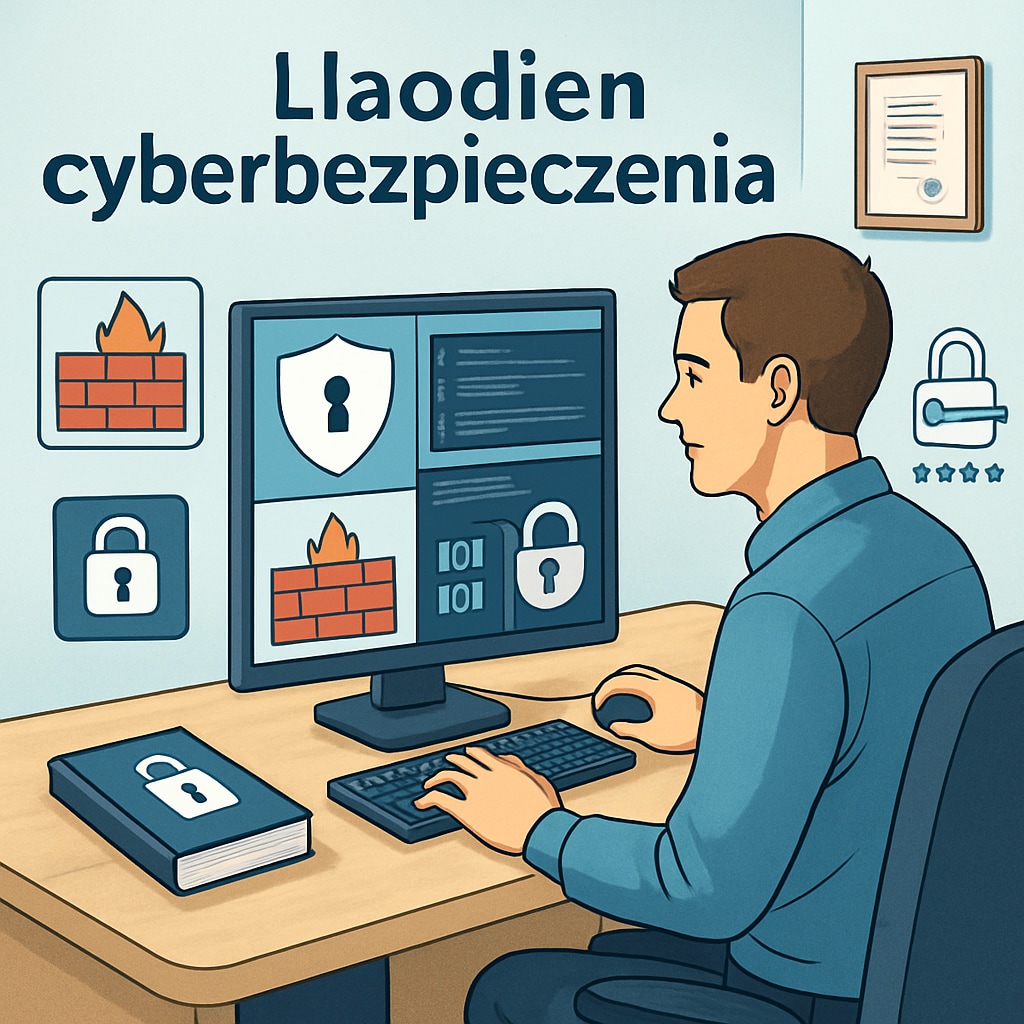When it comes to cybersecurity careers, many aspiring professionals wonder about the role of university reputation in shaping their job prospects. While a prestigious degree can open certain doors, the cybersecurity industry places significant value on practical skills, industry-recognized certifications, and hands-on experience. As a result, candidates from “non-elite” universities can still thrive in this field if they focus on building the right competencies.
The Role of University Prestige in Cybersecurity Careers
University reputation often carries weight in traditional fields like law or finance, where alumni networks and institutional prestige can heavily influence hiring decisions. However, the cybersecurity industry tends to value meritocracy over hierarchy. Employers are more interested in what you can do rather than where you studied. For instance, a candidate with hands-on experience in penetration testing or threat analysis may outshine a graduate from an Ivy League university who lacks practical exposure.
Moreover, the rapidly evolving nature of cybersecurity means that academic curricula often lag behind industry trends. This emphasizes the importance of staying updated through certifications like CompTIA Security+, Certified Ethical Hacker (CEH), and Certified Information Systems Security Professional (CISSP).

Skills and Certifications: The Great Equalizers
In cybersecurity, specific skills and certifications often outweigh the prestige of your alma mater. Employers typically look for technical expertise in areas such as:
- Network security and firewalls
- Incident response and threat mitigation
- Programming languages like Python or C++
- Cloud security and data protection
Certifications act as proof of your knowledge and commitment to the field. For example, a CISSP certification demonstrates your ability to design and manage security programs, making you a desirable candidate for senior roles. Similarly, entry-level certifications like CompTIA Security+ can help beginners establish credibility in the job market.
Practical Experience: Building a Competitive Edge
While degrees and certifications are important, practical experience remains the cornerstone of a successful cybersecurity career. Participating in internships, contributing to open-source security projects, or even engaging in ethical hacking challenges can significantly enhance your employability. Platforms like Hack The Box or TryHackMe offer opportunities to practice real-world scenarios and demonstrate your capabilities to potential employers.
Additionally, soft skills such as critical thinking, problem-solving, and effective communication are highly valued in cybersecurity roles. These skills enable professionals to articulate complex technical issues to non-technical stakeholders, fostering collaboration across departments.

Advice for Candidates from “Non-Elite” Universities
If you’re worried about not attending a top-tier university, focus on areas within your control. Here are some actionable steps:
- Invest in Certifications: Pursue industry-recognized certifications tailored to your career goals.
- Build a Portfolio: Showcase your skills through projects, GitHub repositories, or participation in cybersecurity competitions.
- Network: Attend cybersecurity conferences, webinars, and local meetups to connect with industry professionals.
- Stay Updated: Follow cybersecurity blogs, podcasts, and forums to keep pace with the latest threats and technologies.
Remember, many successful cybersecurity professionals have risen to prominence without the backing of a prestigious university. By demonstrating your skills, passion, and adaptability, you can chart your own path to success.
Conclusion: Do University Names Really Matter?
In the realm of cybersecurity, university reputation is not the sole determinant of career success. While a prestigious degree can provide initial advantages, the industry prioritizes skills, certifications, and real-world experience. Aspiring professionals should focus on building their technical expertise, gaining practical experience, and continuously learning to stay relevant in this fast-paced field. With determination and effort, you can overcome any perceived disadvantages and excel in your cybersecurity career.
Readability guidance: The article uses concise paragraphs and lists to ensure clarity. Transitions such as “however,” “in addition,” and “for example” are used to enhance flow. Be sure to focus on actionable advice and avoid overemphasizing academic background.


